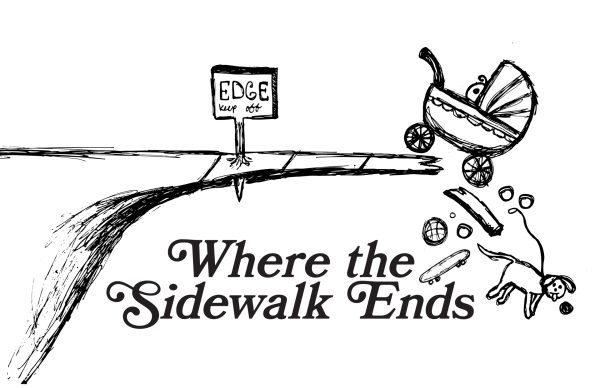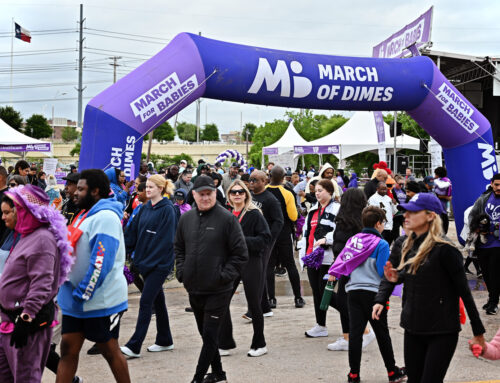
Illustration by Jessica Turner.
Sidewalks are the eyebrows of the street: They go unnoticed until they’re not there.
Though they may seem commonplace, sidewalks can play important roles. For example, they improve safety for pedestrians and promote eco-friendly modes of transportation, like walking or biking.
So when there’s a lack of sidewalks, or they’re not connected or level, people might be nudged to use a car.
According to a 2021 survey, part of the Connect Dallas plan, 34% of respondents reported they often travel by walking, and 72% of respondents said they wanted to rely more on walking as a way to get around. One of the top two reasons why people said they didn’t walk more was because sidewalks aren’t connected.
Last year, a study commissioned by the City of Dallas found that the cost of repairing half the existing defective sidewalks and filling the gaps was $2 billion.
At the time, Dallas had more than 4,500 miles of sidewalks, including 195 in City Council District 11 and 276 in City Council District 13. District 11 had the fewest miles of sidewalks of all districts.
Also included in the City’s inventory was a count of missing sidewalks; it amounted to about 2,000 miles across all Council districts, with 146 in District 11 and 330 in District 13, which had the most missing sidewalks of all districts.
The City leaves it to homeowners to replace sidewalks and driveways when they become problematic. It’s in the City Code.
“When a sidewalk, driveway or any appurtenance to a sidewalk or driveway becomes defective, unsafe or hazardous, the abutting property owner shall reconstruct or repair the sidewalk, driveway or appurtenance,” according to section 43-63. “And the expense of such work must be borne by the abutting property owner.”
In 1985, the City Council approved a resolution to establish the replacement of curbs, gutters, sidewalks and drive approaches on a cost-participation basis. The program is called the Sidewalk Replacement Program, and it is available to all single-family residences, including townhomes and condominiums. A spokesperson for the City of Dallas told The Advocate that 11,860 residents have taken advantage of this program.
Neighbors pay for the drive approach removal and replacement. But for existing sidewalk removal and replacement, the City splits the cost with neighbors 50-50.
It’s up to the City to procure any needed permits, and there’s a one-year warranty on workmanship. It takes about two or three months for the City to take a look at a property and provide a quote. After neighbors pay, the project could be completed in as little as three months or as much as nine, depending on demand.
To take advantage of the program, call 214.948.4127 or 214.948.4287.






